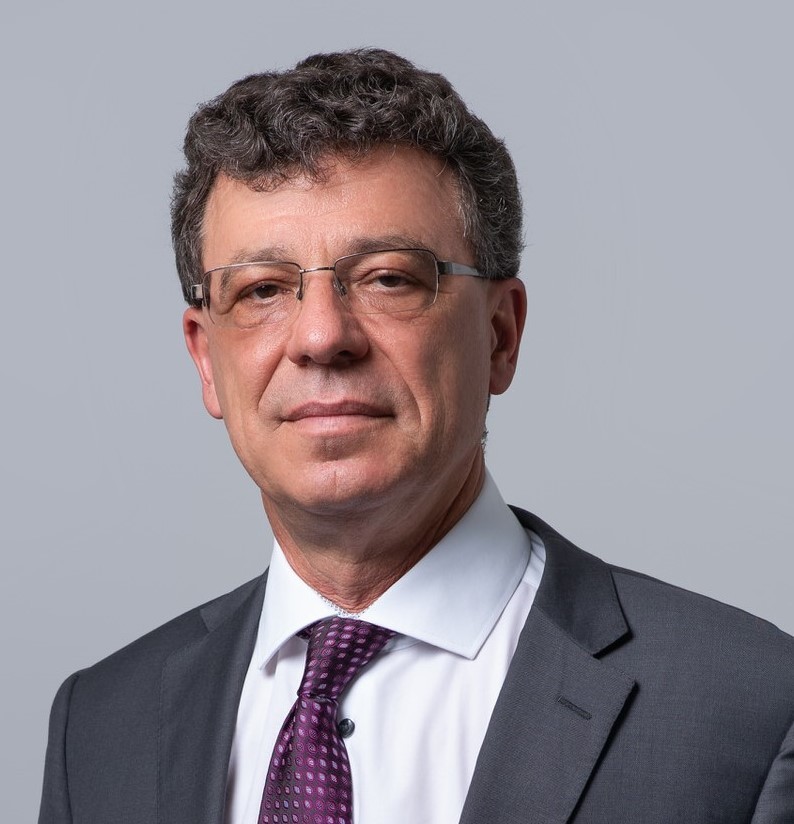Program
SUSTAINABLE, BORDERLESS AND DIGITAL – TRANSFORMING FINANCE IN THE AGE OF DISRUPTION
Africa has been at the global forefront of modernising financial services. By expanding world-leading
mobile money operations, taking steps towards offering green finance and more recently introducing Central
Bank Digital Currencies, financial institutions have been building foundations for improved financing of African
economies.
Yet the sector’s sweeping sustainable, borderless and digital transformation is about to take place under extreme volatility that most industry executives have never experienced. In this high-risk macroeconomic environment, the financial industry’s profitability is likely to come under pressure, from deteriorating asset quality, liquidity risks and scarce available capital as well as emerging climate and cyber risks.
Read more about the programme presentation
-
(GMT)Opening CeremonyRoom CAURI

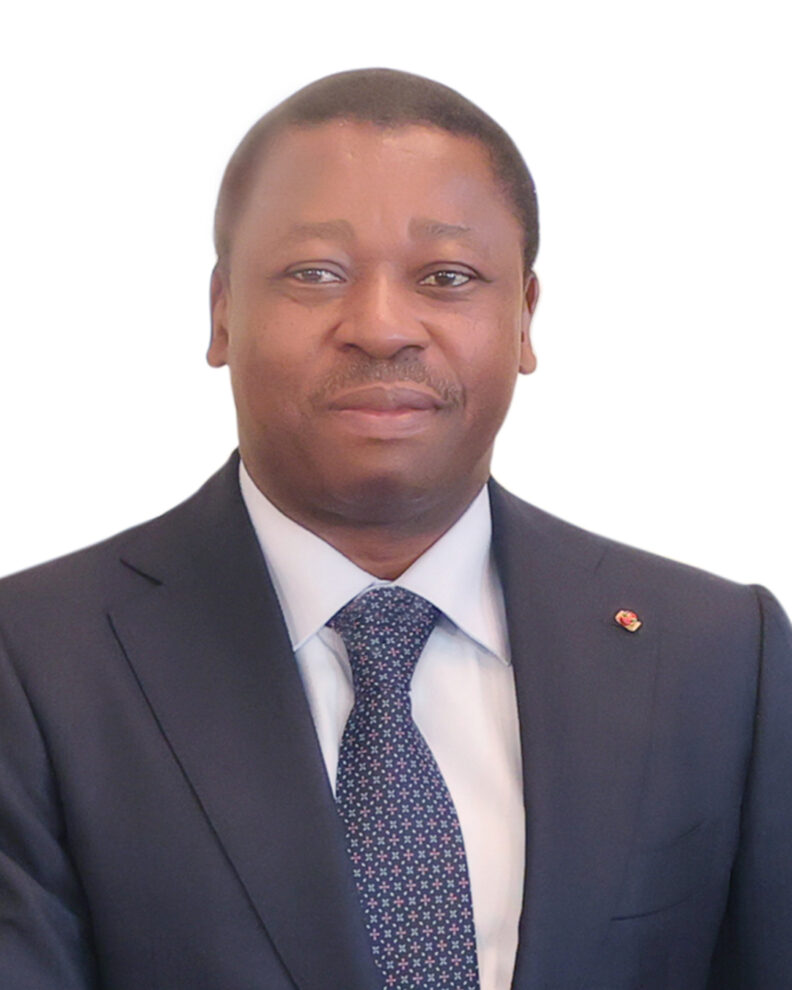
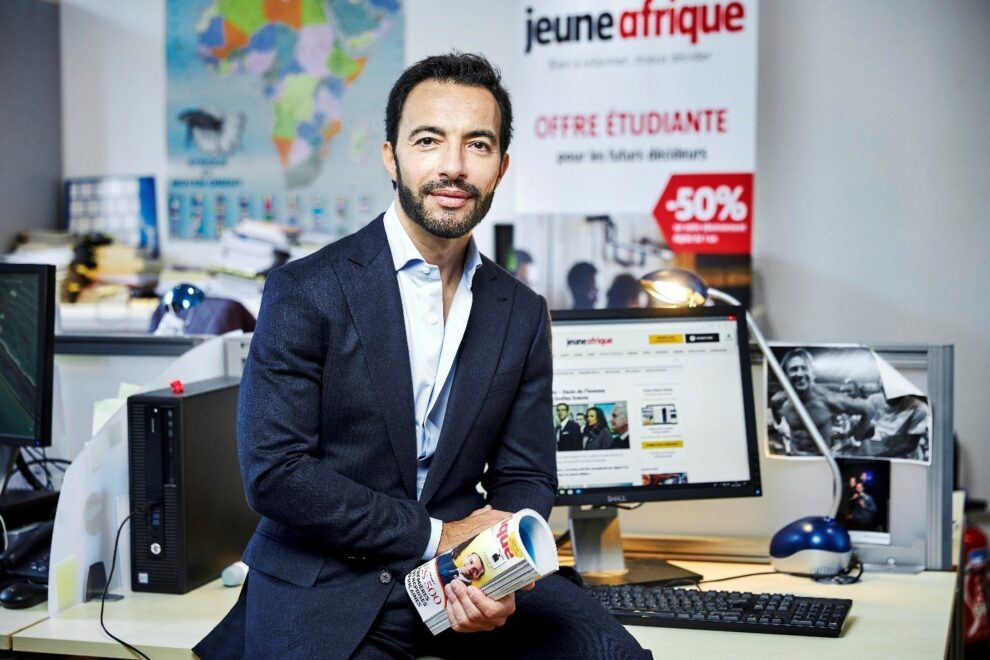
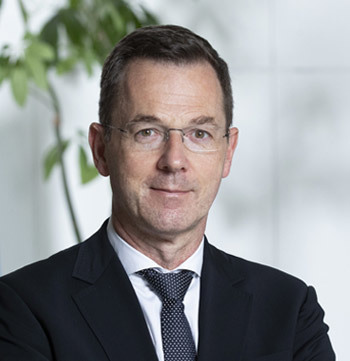
-
(GMT)Conversation With | Ade AyeyemiRoom CAURI
Since he took charge in 2015, Ade Ayeyemi has guided Ecobank to financial stability, significantly reduced NPLs and helped the bank record profitability last year. Under his leadership, Ecobank has diversified its business and rapidly accelerated digital transactions, particularly via B2B payments platform Omni-Plus. As Ade passes on the reins following his impending retirement, he shares his vision on the future of banking on the continent with Bloomberg’s Ramah Nyang.
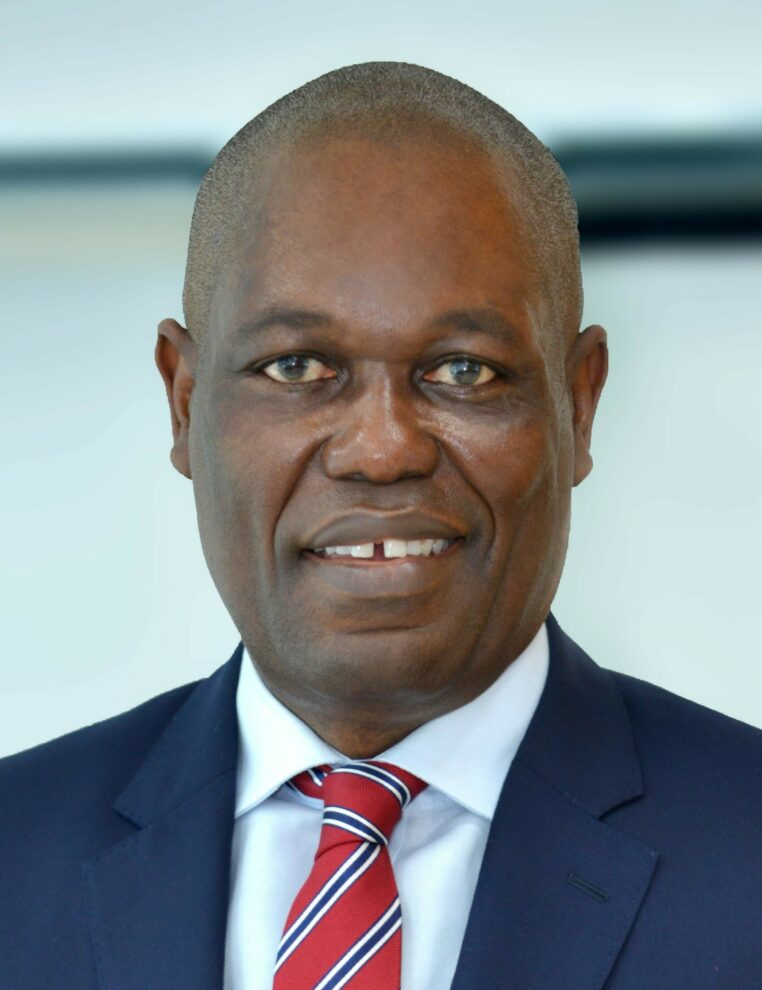
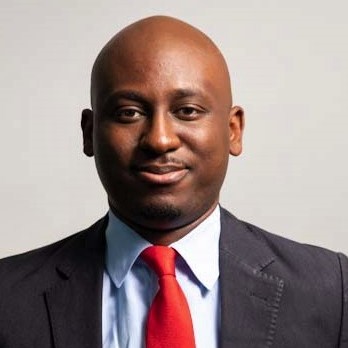
-
(GMT)OPENING PANEL | Transforming African finance in times of crisisRoom CAURI
Africa’s financial industry is set to be shaken by a global economic shock as it undergoes a critical transformation towards digital channels, a pan-African ecosystem and a more socially and environmentally conscious future. Conflict in Ukraine has put a strain on foreign exchange reserves and has sparked significant energy and food price inflation on the continent. Credit and liquidity risks for Africa’s financial institutions are elevated and there may be scarce available capital to close a trade finance deficit (estimated at $81bn for SMEs), adapt to climate change ($30 to $50 billion needed each year over the next decade) and expand financial services. How can the industry deliver a profitable transformation amid the disruptions?
Key points:
-
How deeply will global macroeconomic trends affect African finance?
-
What sustainable and digital transformation will be viable for the sector in the mid-term?
-
How far can Africa really go towards harmonised financial systems?
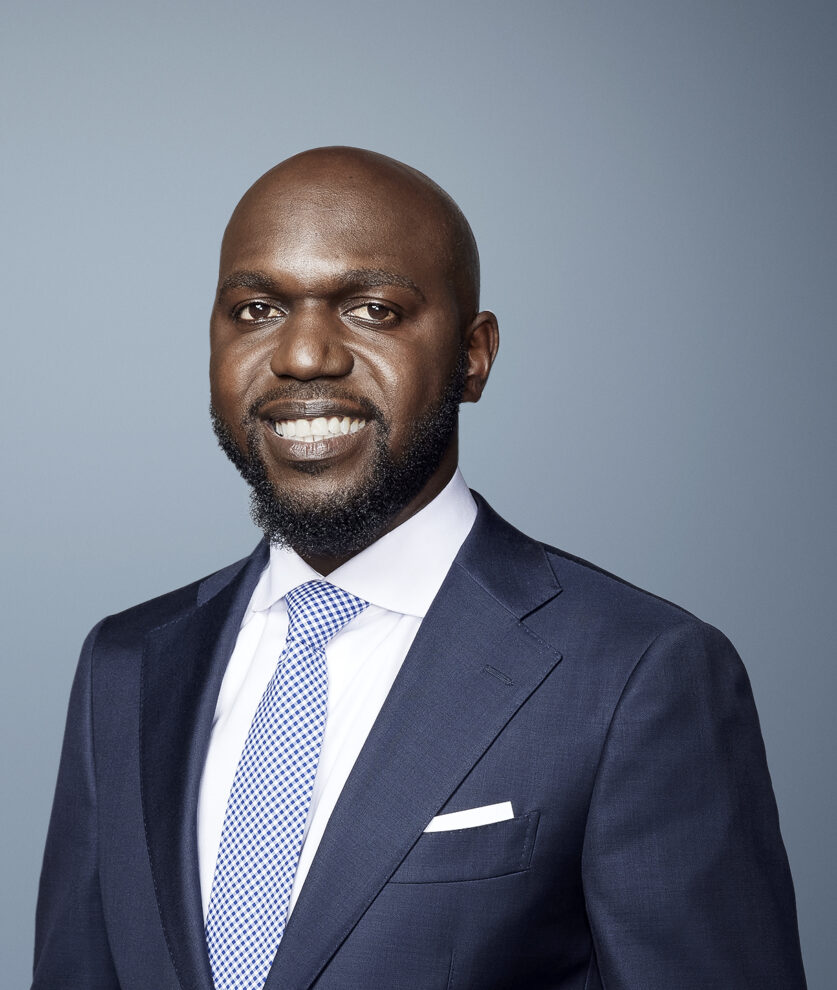

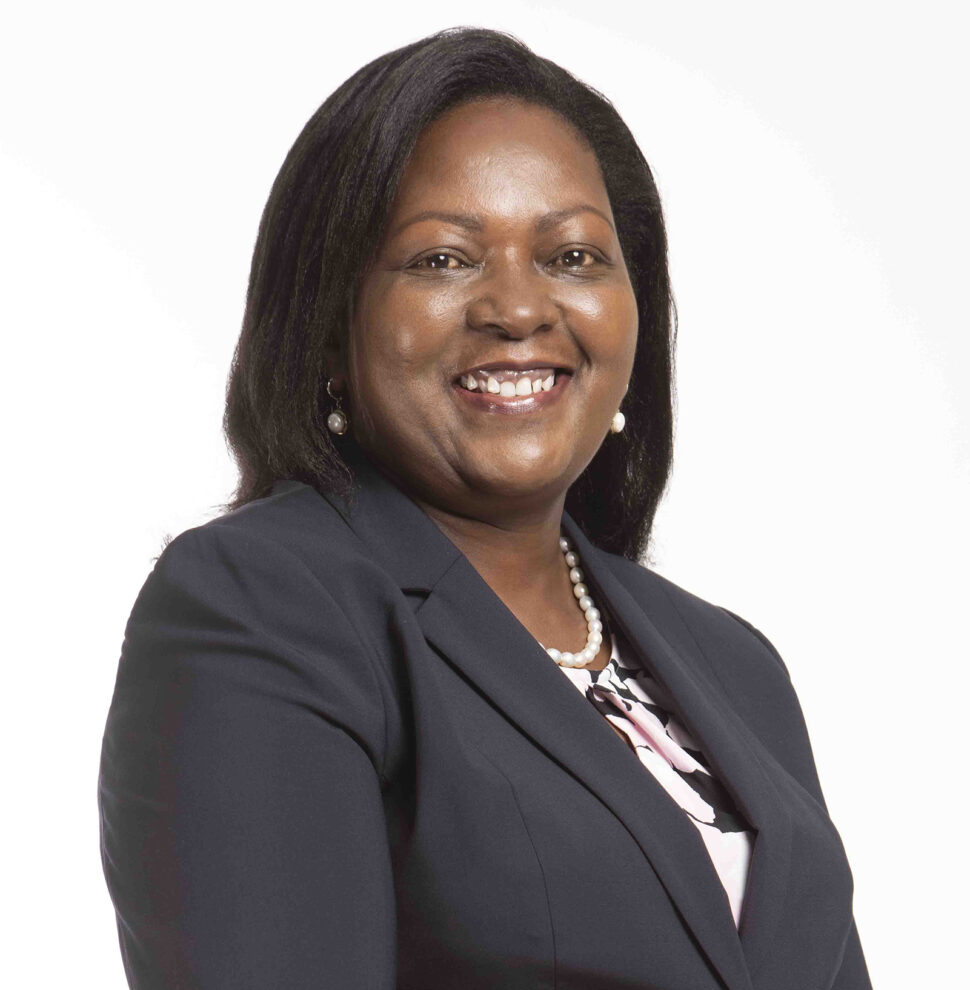
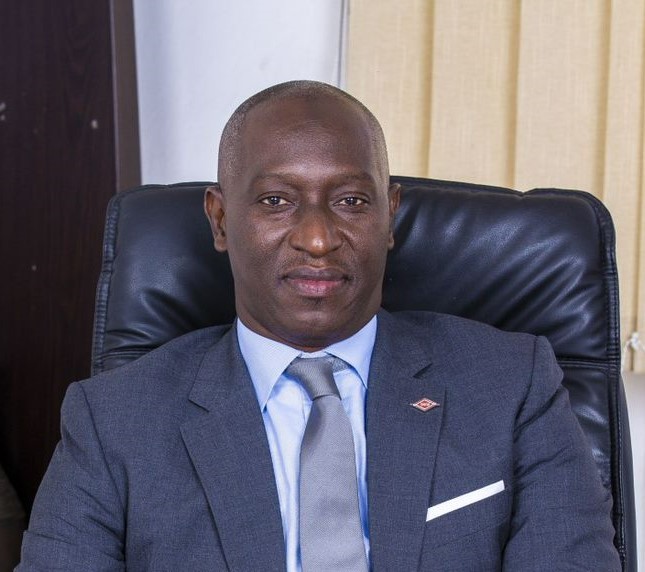
-
-
(GMT)STATE OF THE INDUSTRY | Africa Financial Industry Barometer 2022Room CAURI
Deloitte Africa presents findings from the 2nd African Financial Industry Barometer, a pan-African survey of the continent’s financial institutions, prepared in collaboration with the Africa Financial Industry Summit – AFIS. The Barometer highlights industry attitudes towards evolving business models, the regulatory landscape, inflationary pressures, emerging risks, and the rate of progress towards digital innovation and sustainable finance.
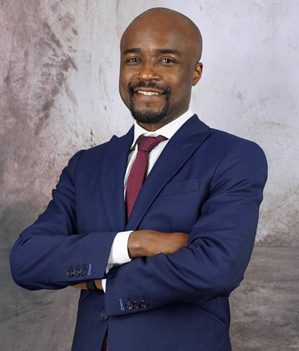
-
(GMT)STRATEGIC ROUNDTABLE | Revamping agricultural finance to tackle food insecurityRoom NAIRA
Access via sign-up on the event app or by invitation only
Africa’s smallholder farmers contribute around 70% of the continent’s food supply but up to 90% lack access to formal credit at a critical time. Conflict between Russia and Ukraine is fuelling food poverty, staple food prices are soaring, while drought has provoked a major hunger crisis in the Horn of Africa. Access to finance is vital to replant and rehabilitate farms, adapt to climate change and raise productivity. Yet farmers can be a high-risk, low-return proposition for lenders and insurers due to lack of financial footprints and often land tenure. A closed roundtable of financial institutions and regulators discusses how to improve options and utilise technologies for this vastly underserved segment.
Discussion points
- Derisking lending: What’s missing in policy, regulation, technology and financial instruments?
- Interest rates and tenures: Increased flexibility in product offers while remaining profitable
- Expanding AgTech and FinTech in remote communities
- The missing pieces to increase insurance coverage


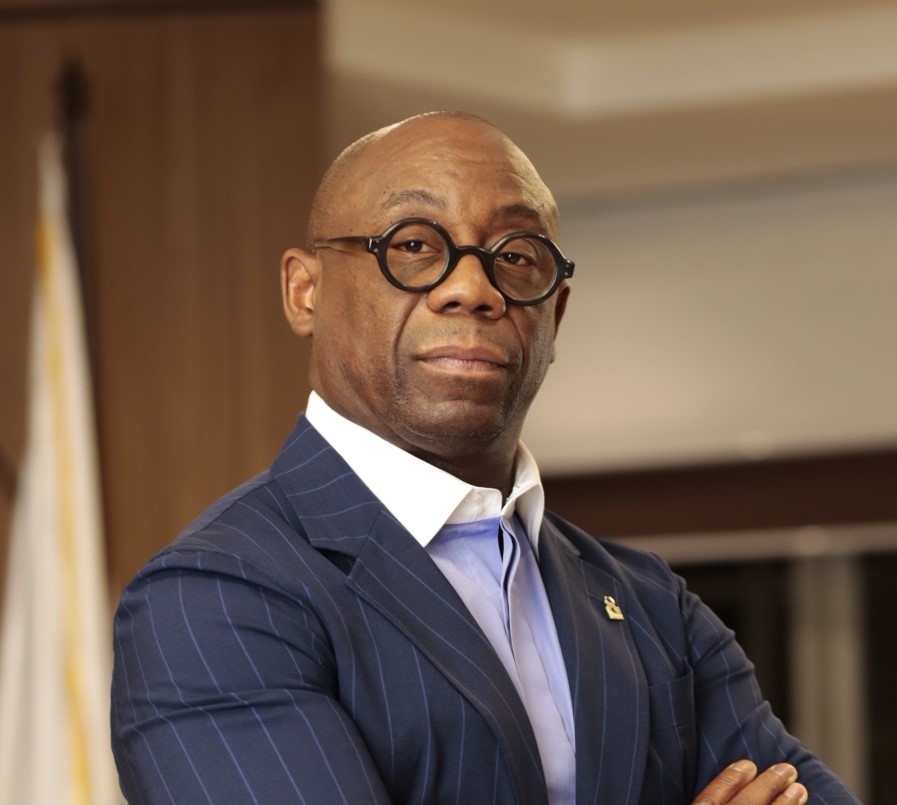
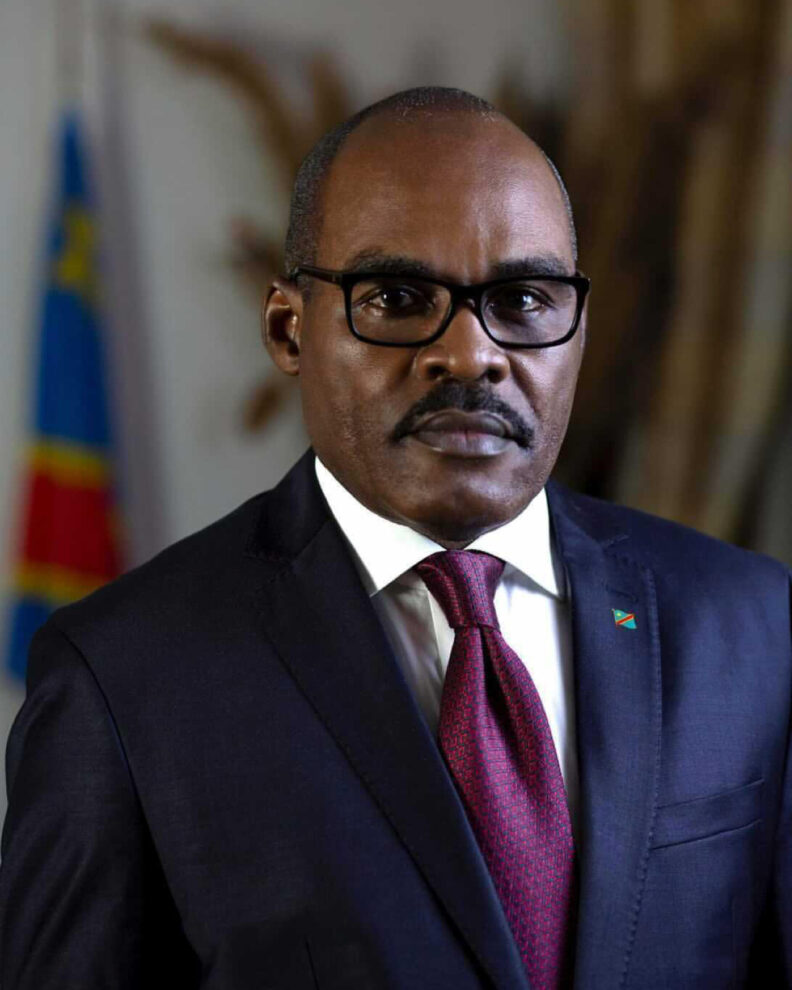
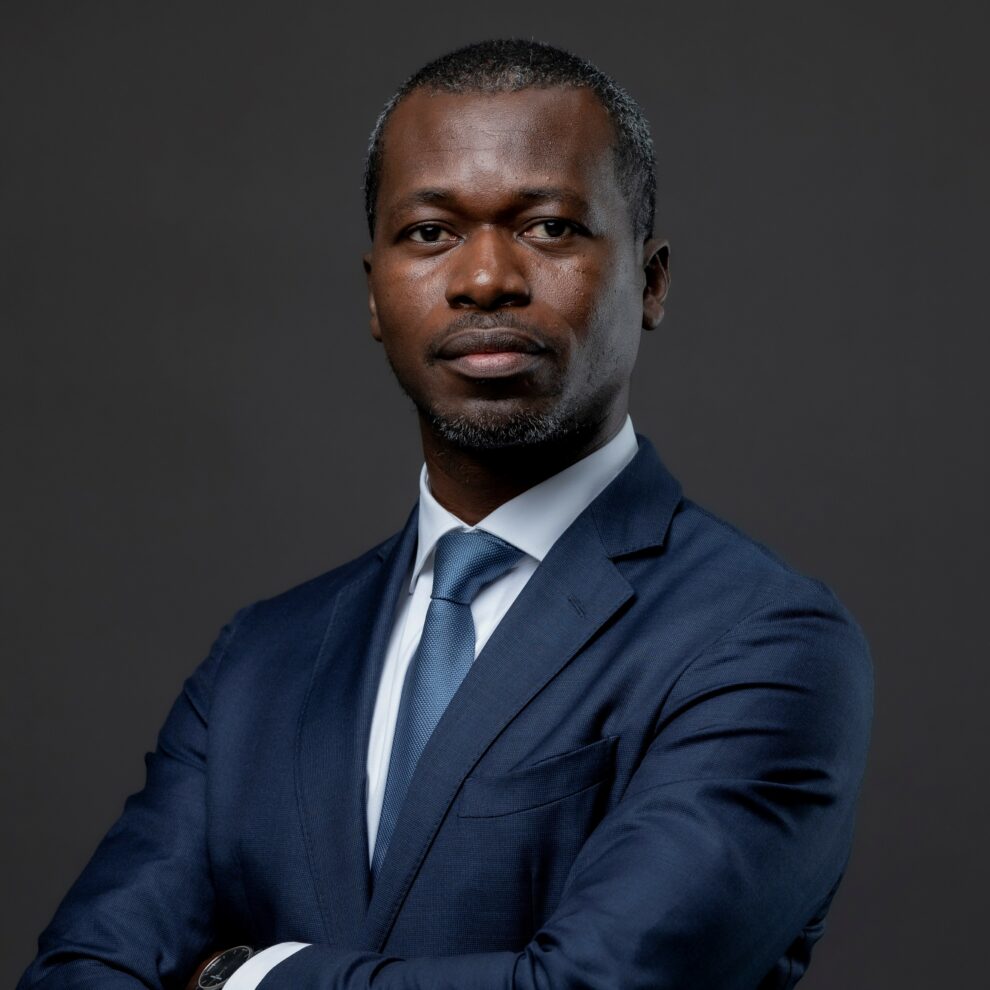
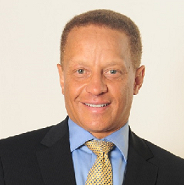
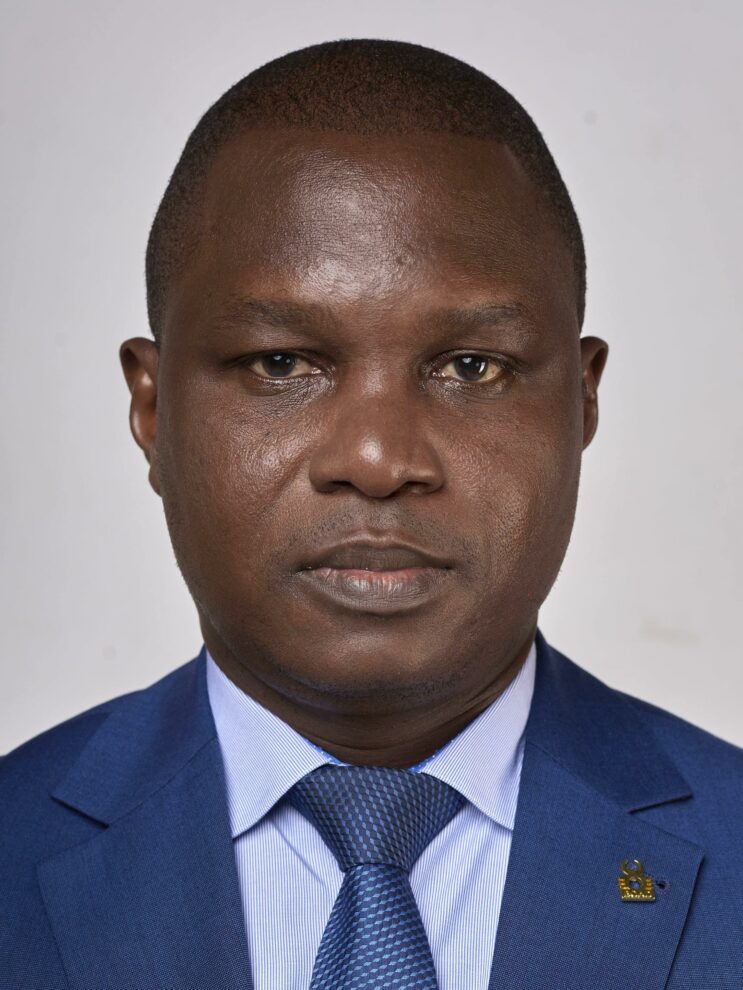
-
(GMT)PANEL | Mobile money and banks: Are low cost fintechs changing the game?Room CAURI
Low-fee fintech entrants are taking the African market by storm. These disrupters are pushing established mobile money players towards banking partnerships that enable them to diversify revenues beyond transaction fees. With some 173 live mobile money services and 621m registered accounts in Africa by 2021, as well as e-money licenses (Senegal) and credit licenses (Kenya) now issued to digital players without legacy bank involvement, why should commercial banks support potential competitors to gain credit licenses? Can traditional banks, mobile money operators and fintechs come together to forge mutually beneficial synergies?
Key points:
-
Interoperability: Growing the appetite for cross-compatible products and licensing partnerships
-
Devising common principles on data reliability, and fulfilling compliance requirements in licensing deals
-
AML-KYC safeguards and credit licenses: What should regulators do to ensure a level playing field between banks, fintechs and mobile money providers?

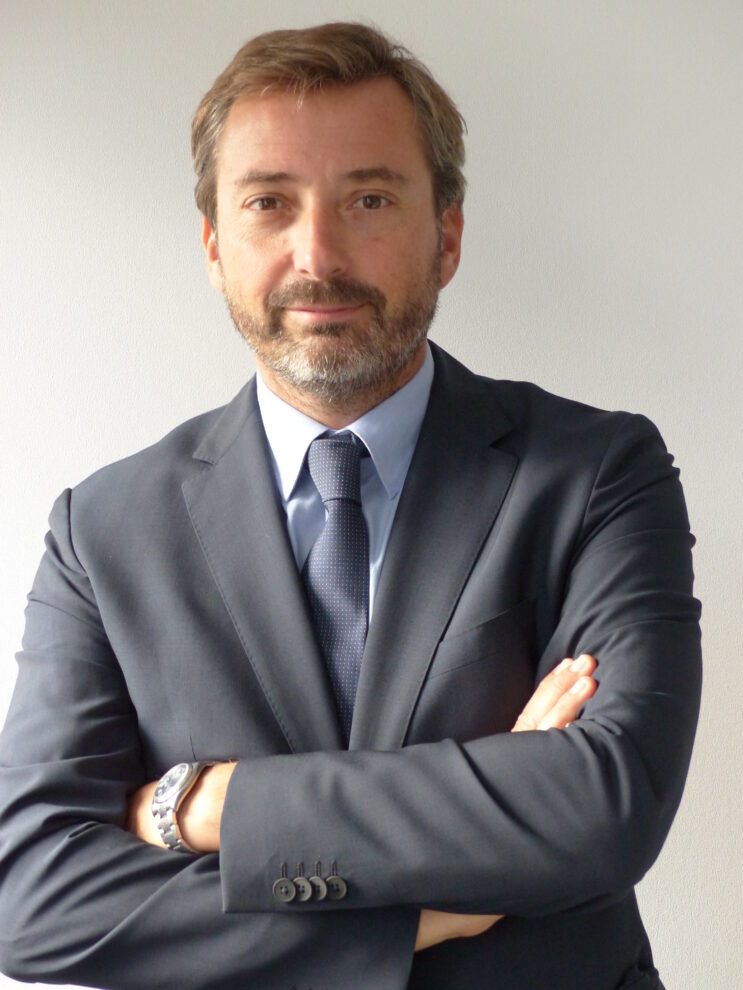
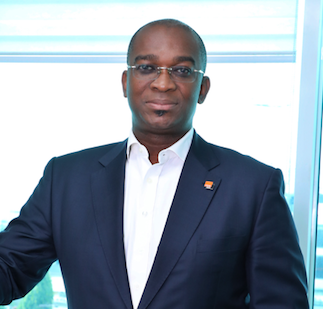
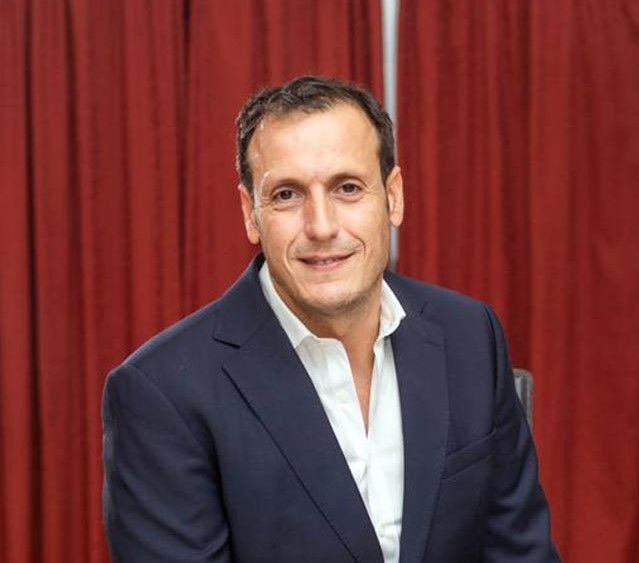

-
-
(GMT)STRATEGIC ROUNDTABLE | Interconnecting African Stock Markets: Opportunities to expand financial resourcesRoom DIRHAM
Access via sign-up on the event app or by invitation only
Better interconnection between African capital markets could increase their impact on the real economy. Already underway in several regions of the continent, this evolution could allow public and private sectors to access expanded sources of financing. Diversification of portfolios, reduced transaction costs and risks, and improved profitability are some of the potential benefits for investors. But how can regulatory frameworks be harmonised and cross-border investment encouraged without harming less attractive markets? What technological innovations could optimise information sharing on investment opportunities?
Discussion points:
-
Exchange rate policies, capital account liberalisation, legal systems: How to harmonise regulatory frameworks and make them conducive to innovation?
-
Online stock exchange, information portals, trading systems: Facilitating access to markets through technology
-
What specific measures are needed to attract institutional and retail investors?
-
Partial privatisation, support for SMEs: How to stimulate IPOs?
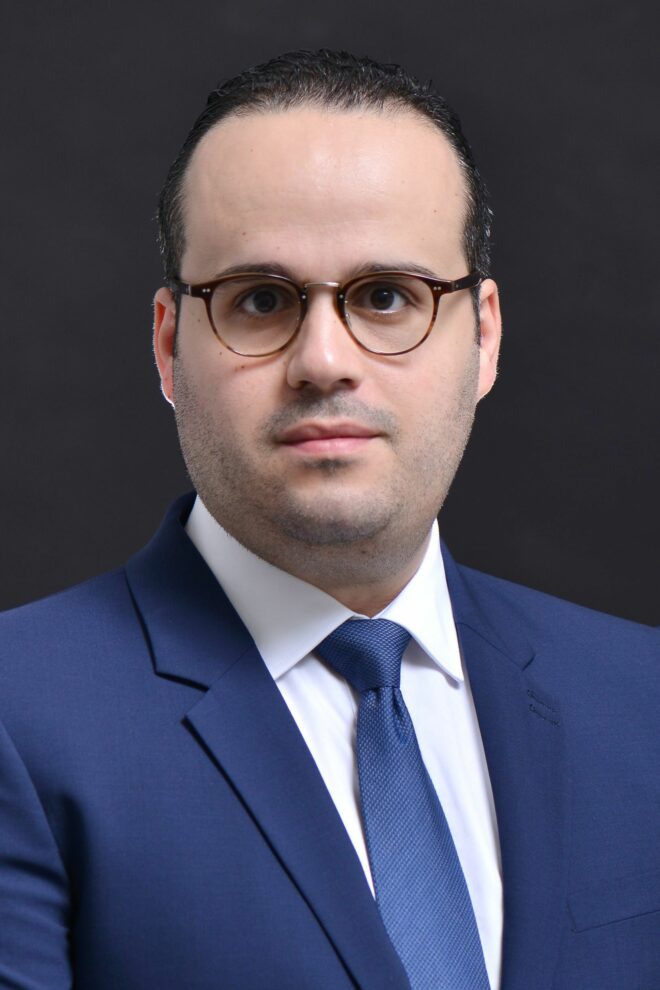
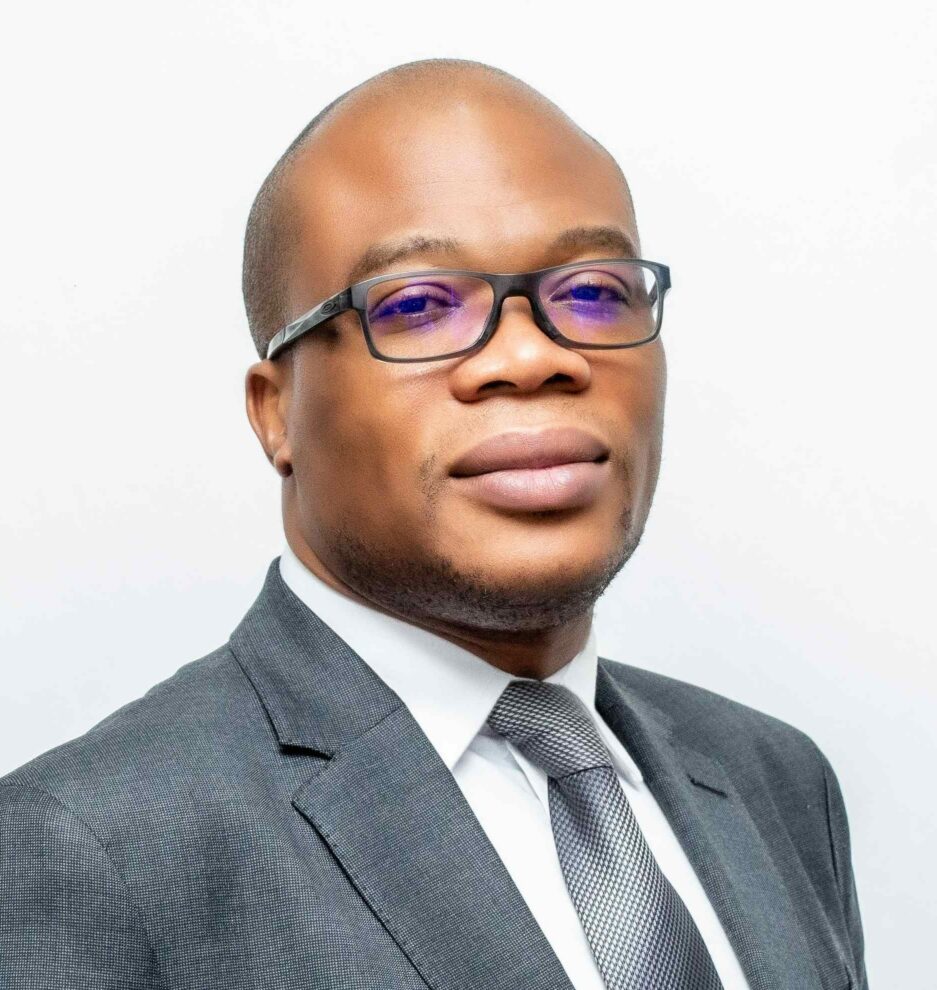
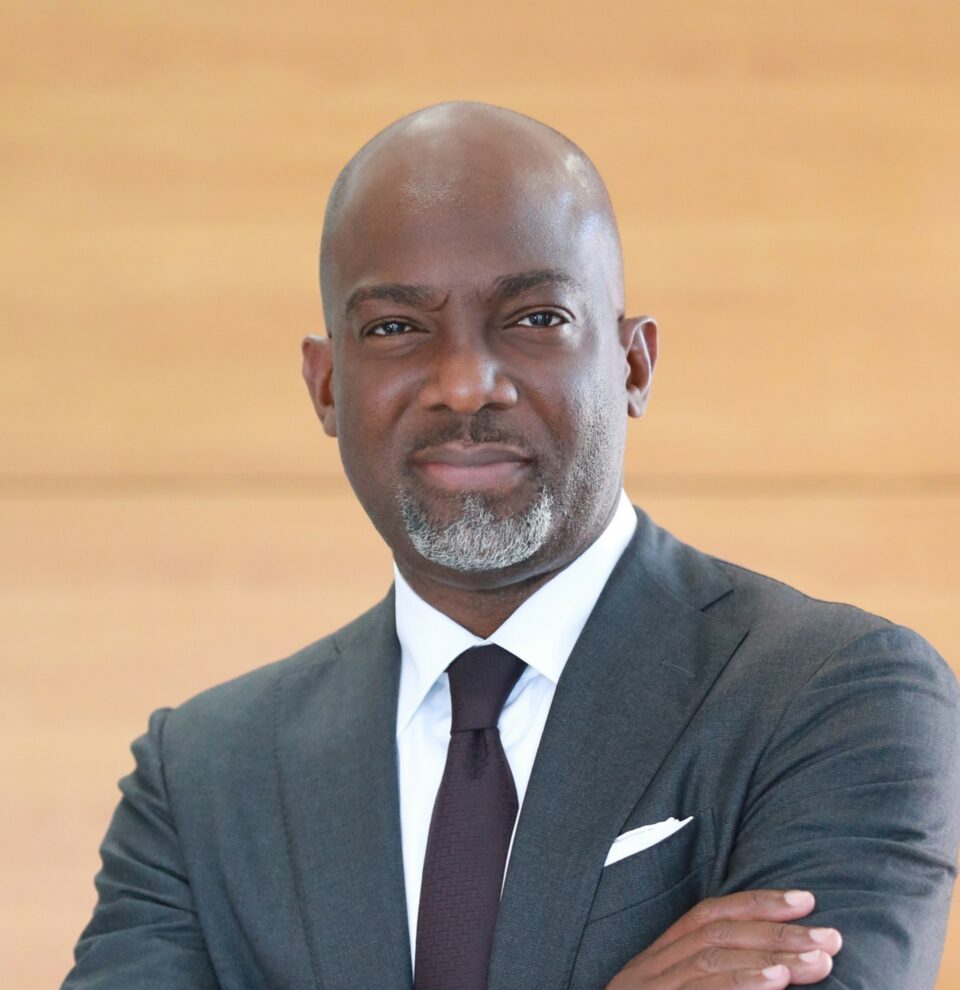
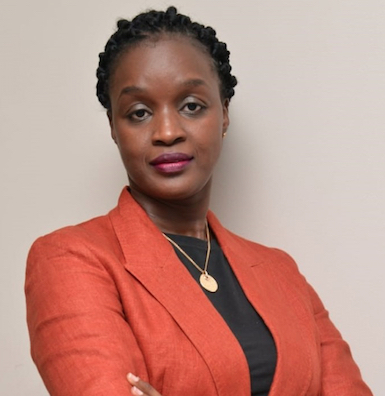
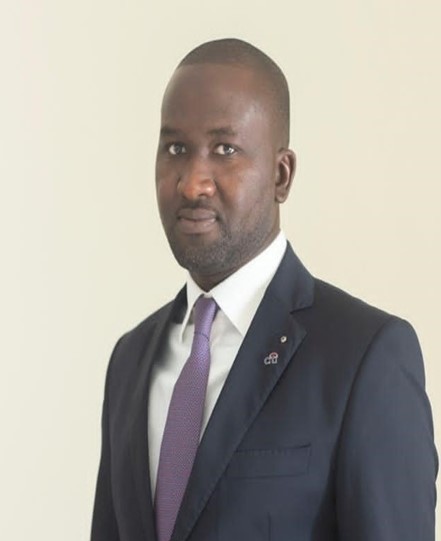
-
-
(GMT)STRATEGIC ROUNDTABLE | Cryptocurrencies: Regulating the outsider of financeRoom KWANZA
Access via sign-up on the event app or by invitation only
Despite financial institutions being prohibited to trade crypto in major countries like Nigeria, cryptocurencies continue to be used by Africans in droves as authorities struggle to enforce regulations that are often rife with grey areas. Africa is among the smallest but fastest growing crypto markets globally as consumers seek ways to secure investments and make faster and cheaper international money transfers. How could this popular medium be integrated into Africa’s financial system while curtailing risks of fraud and speculative trading? This roundtable of central banks decisionmakers, banks and fintechs aims to explore a common approach to regulating crypto.
Discussion points:
-
To what extent should regulators allow financial institutions to engage in cryptocurrencies?
-
Lessons learnt from nations (US, Canada, UK) that have legalised Bitcoin
-
Enforcing bans on unlicensed operators or providing a framework for them to operate
-
Building safer market environments and reducing volatility
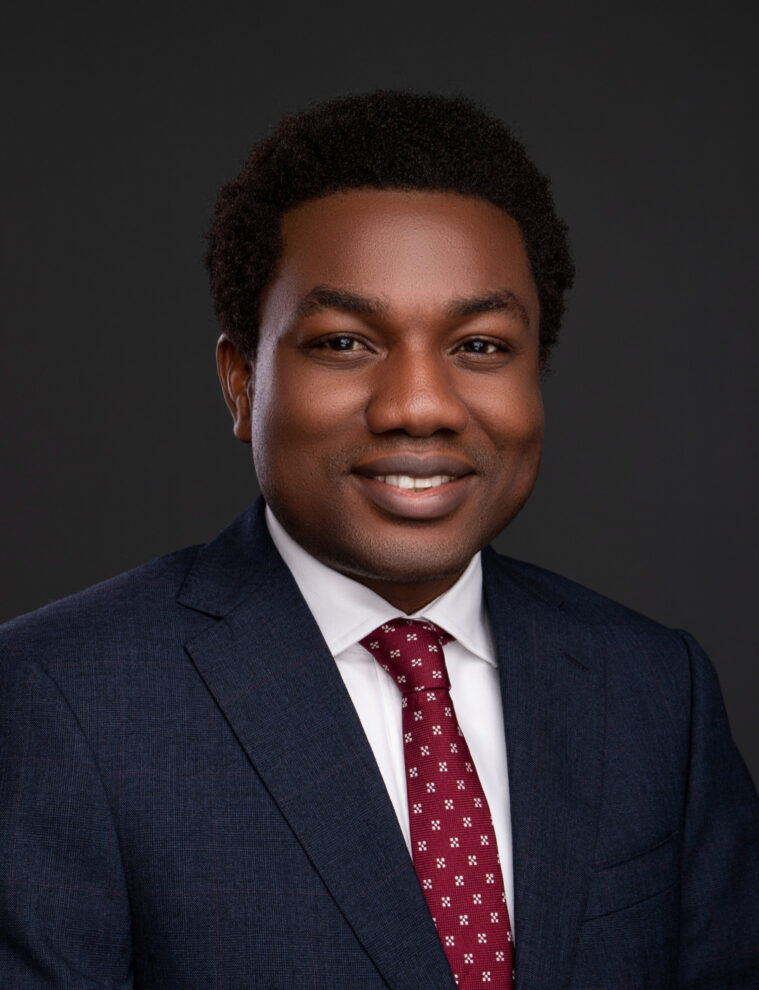
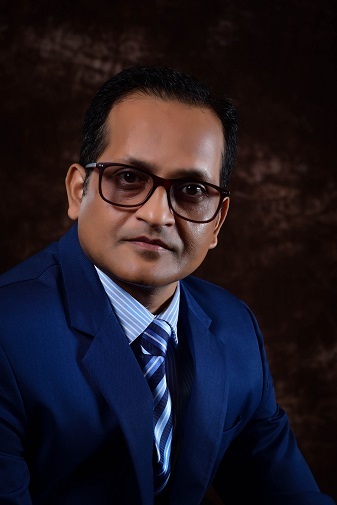
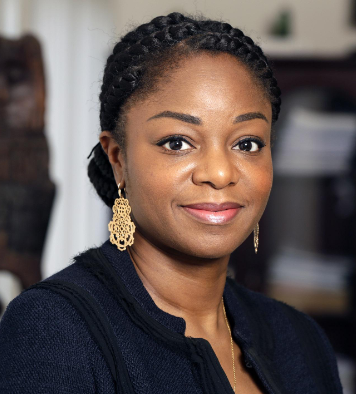

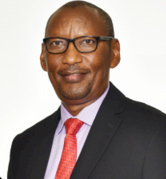
-
-
(GMT)PANEL | COP27: What lessons should Africa’s financial institutions takeaway?Room CAURI
The UN Climate Change Conference (COP27) places energy financing on the continent in the spotlight. Renewables could account for over 80% of new power generation capacity to 2030 if Africa follows a sustainable trajectory, leaving ample options, and competition, to finance new renewable energy capacity. Conversely, Europe’s appetite for oil and gas to substitute Russian supplies is rekindling interest in Africa’s natural resources, while the African Union calls on more energy options to achieve universal energy access by 2030. What energy mix and financing policy options for Africa’s financial institutions can best contribute to the continent’s development?
Key points:
-
To what extent will COP27 commitments alter the landscape for energy financing in Africa?
-
What regulatory measures would enable banks and insurers to prioritise renewable energy?
- What is the right mix to finance Africa’s energy transition in light of high European demand and African development needs?

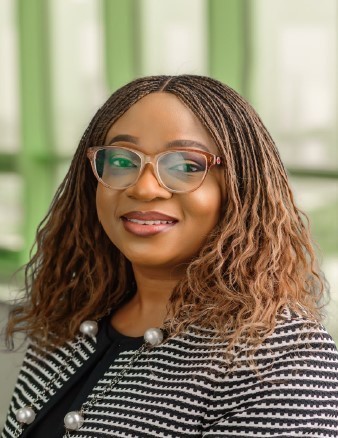
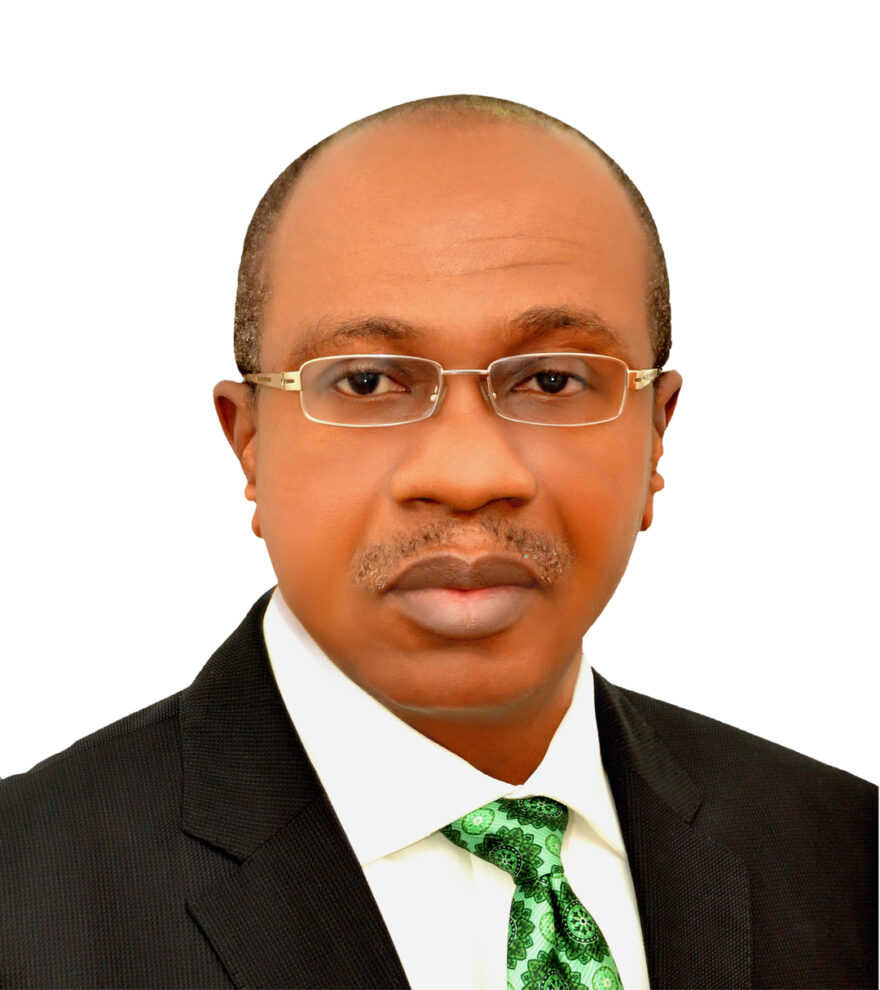
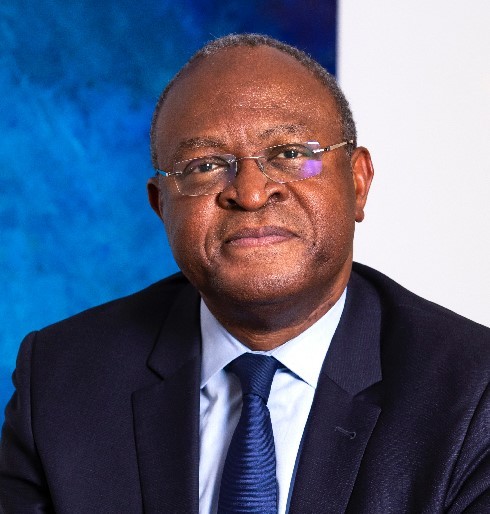


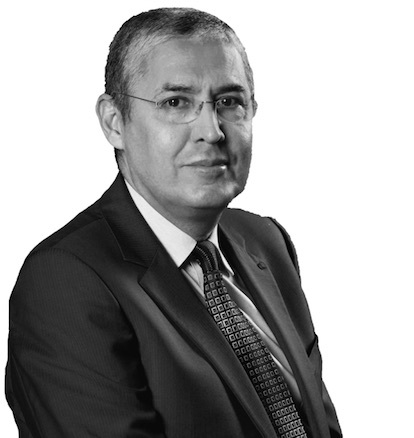
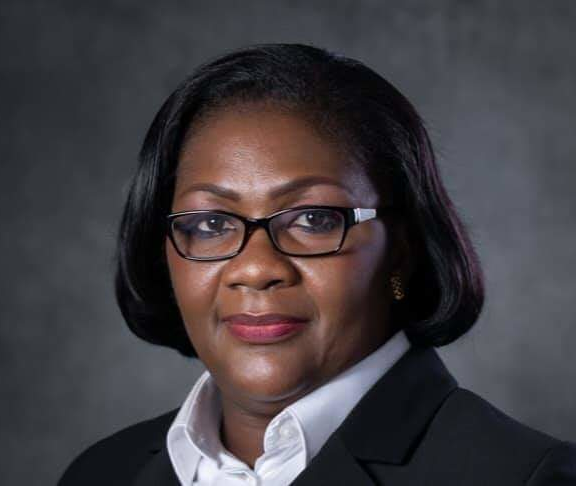
-
-
(GMT)STRATEGIC ROUNDTABLE | Accelerating payments integration: An essential path to successRoom PULA
Access via sign-up on the event app or by invitation only
Financial inclusion, access to social services and formalized economies all rely on modern payment infrastructure that enables trusted, quick and easy transactions. Mobile payments are already a strong alternative to cash in many African countries, and while wholesale payments are still behind, they are accelerating rapidly. This closed roundtable of fintechs, commercial banks and regulators discusses how to reinforce integration of Africa’s payment systems and to encourage African champions in the payments landscape.
Discussion points:
-
Current status of payment integration in Africa (locally, regionally) and lessons learnt
-
Success stories outside Africa (SEPA model) and in Africa (UEMOA schemes)
-
Key levers at local level: Regulation, infrastructure, private sector
-
Key levers at regional & continental level: Regulation, infrastructure, private sector
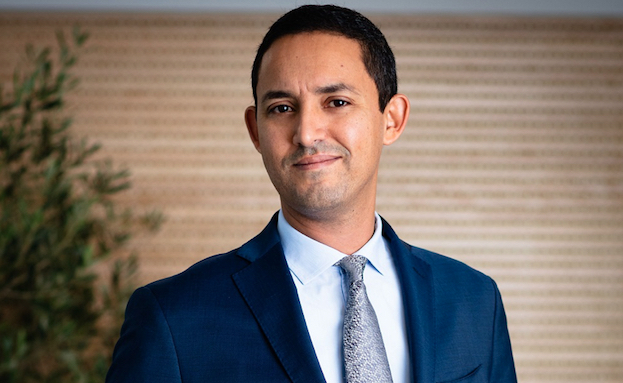

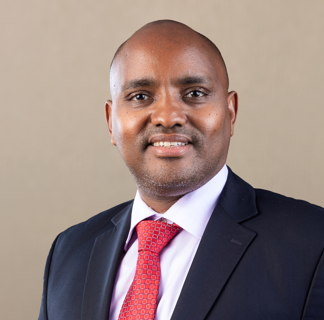

-
-
(GMT)STRATEGIC ROUNDTABLE | Does Africa need Basel III?Room DIRHAM
Access via sign-up on the event app or by invitation only
From Basel I to Basel III, the implementation of international regulatory frameworks for banks have followed a slow and mixed path in Africa, while being subject to criticism and challenges, notably its suitedness to developing countries. Only South Africa (the sole African member of the Basel Committee of Banking Supervisors) has fully implemented Basel III, with very few countries intending to fully adopt the standard in the short term. A closed roundtable of regulators and commercial banks assesses how suitable Basel standards are for African nations.
Discussion points:
-
Should African regulators stop or accelerate the adoption or implementation of Basel III?
-
What are the main challenges and criticisms of Basel 3 adoption or implementation in Africa?
-
What are the best practices or alternatives for sounder and adapted capital and liquidity standards for Africa?

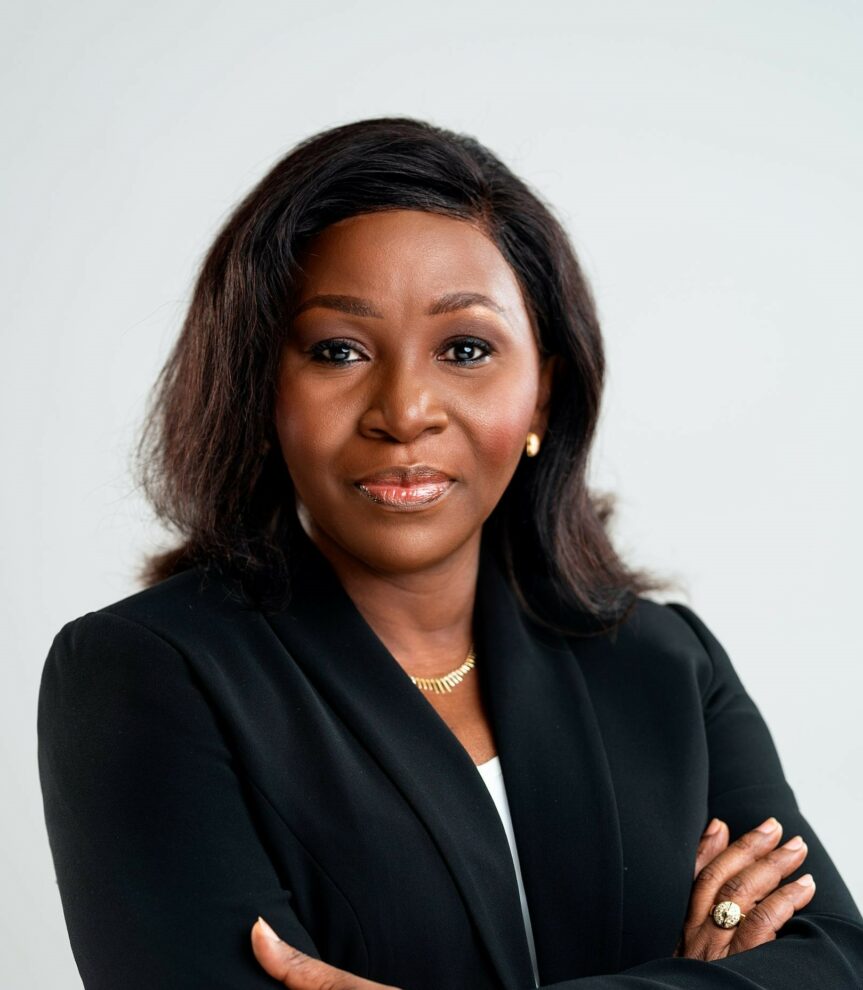
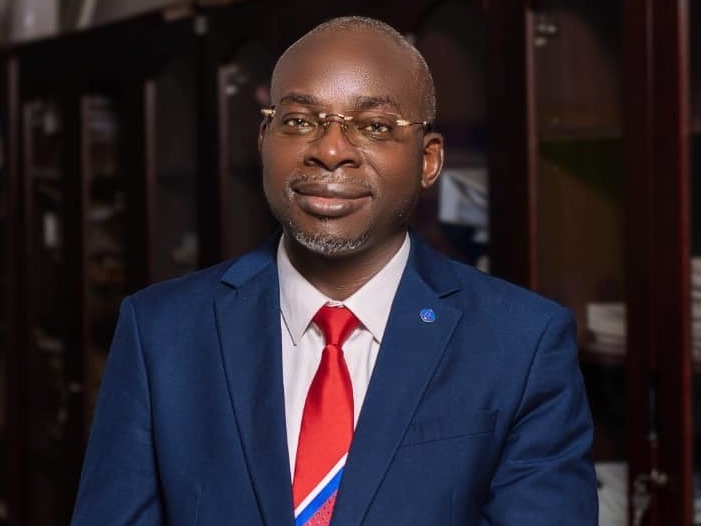
-
-
(GMT)PANEL | Advancing bancassurance and consolidating Africa's fragmented insurance sectorRoom CAURI
The African insurance industry made solid progress in 2021 with gross premiums up +6.2% YOY. However, insurance density remains low (>100 USD/per capita a year outside South Africa and Morocco) despite rising demand from MSMEs and households due to the pandemic. The main reasons for this are the excessive fragmentation of the sector and a lack of critical mass for many local players. What cards are left in the hands of regulators to encourage consolidation? And how can the sector leverage fintech and grow partnerships with banks (bancassurance) to expand insurance coverage?
Key points:
- How could increased partnerships between traditional insurers and fintechs boost financial inclusion?
- Tightening capital requirements: A weapon to consolidate the sector?
- Bancassurance: How might mounting climate, cyber and agricultural risks impact partnerships?

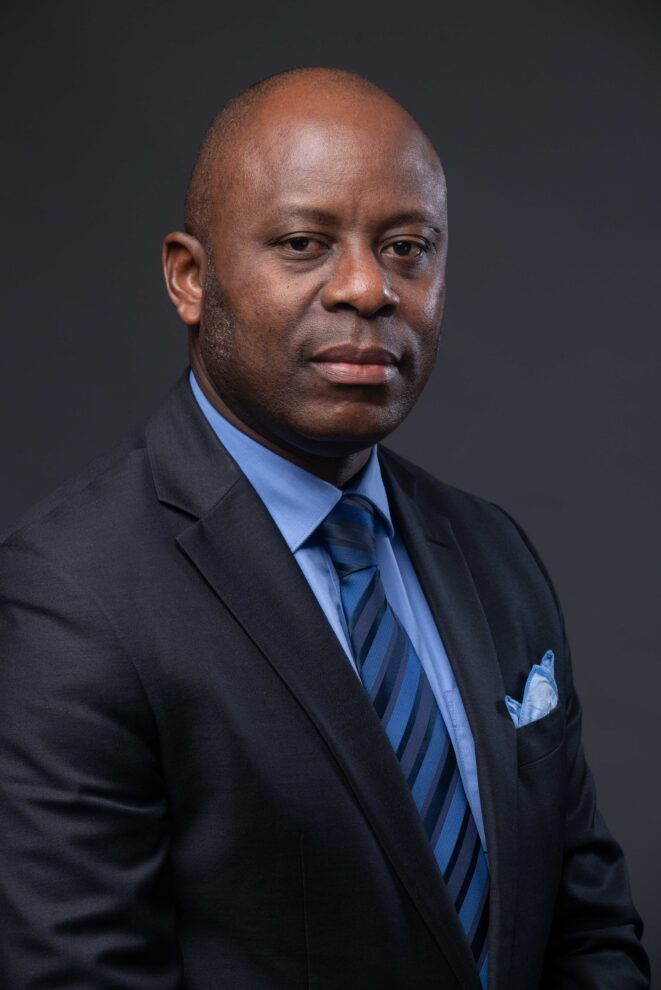

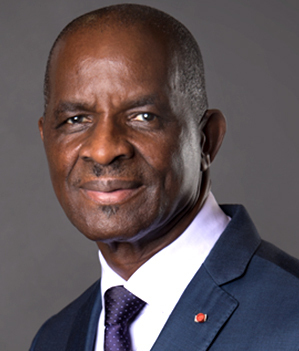
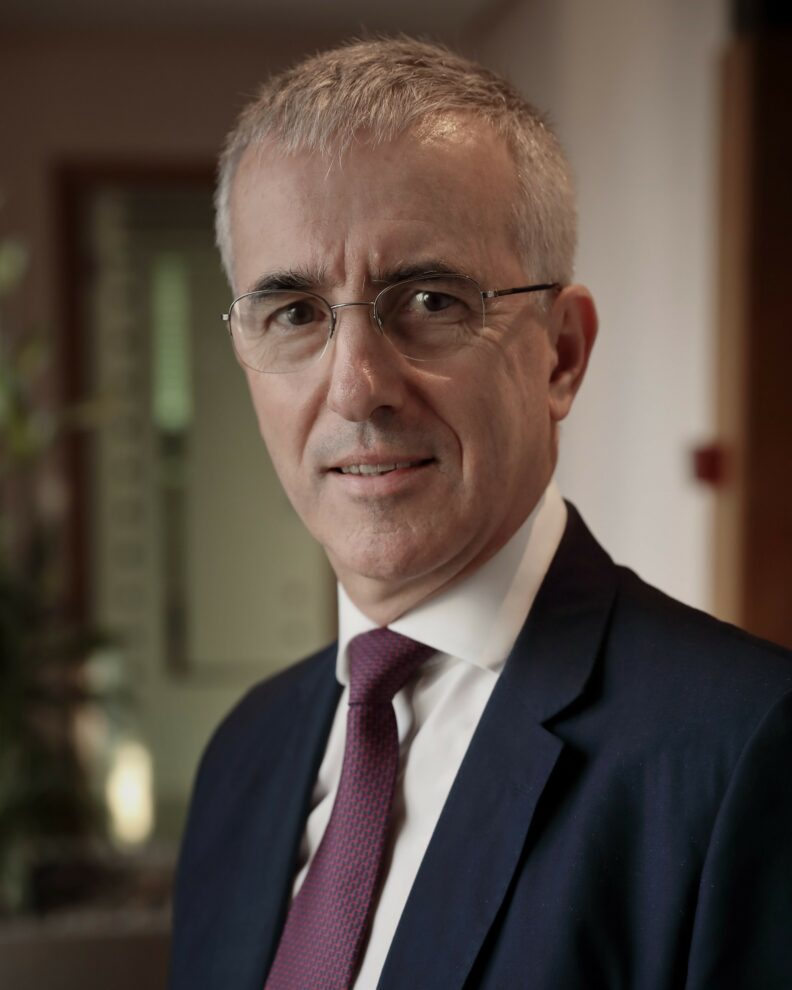
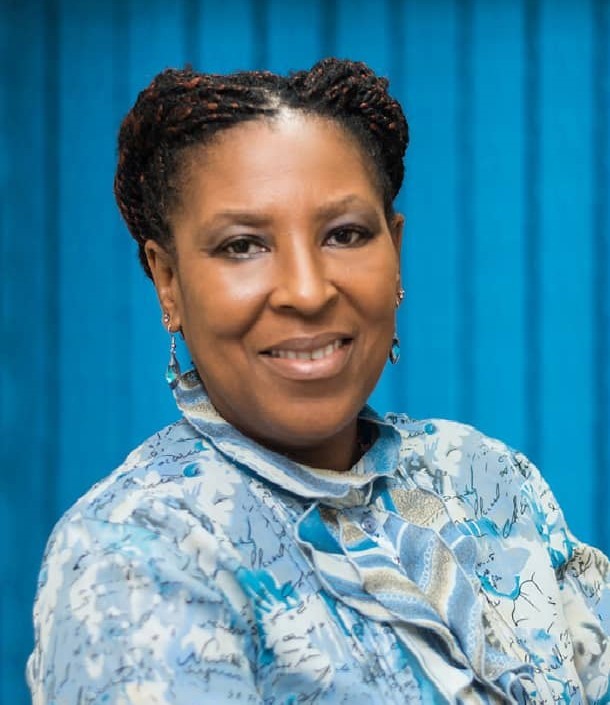
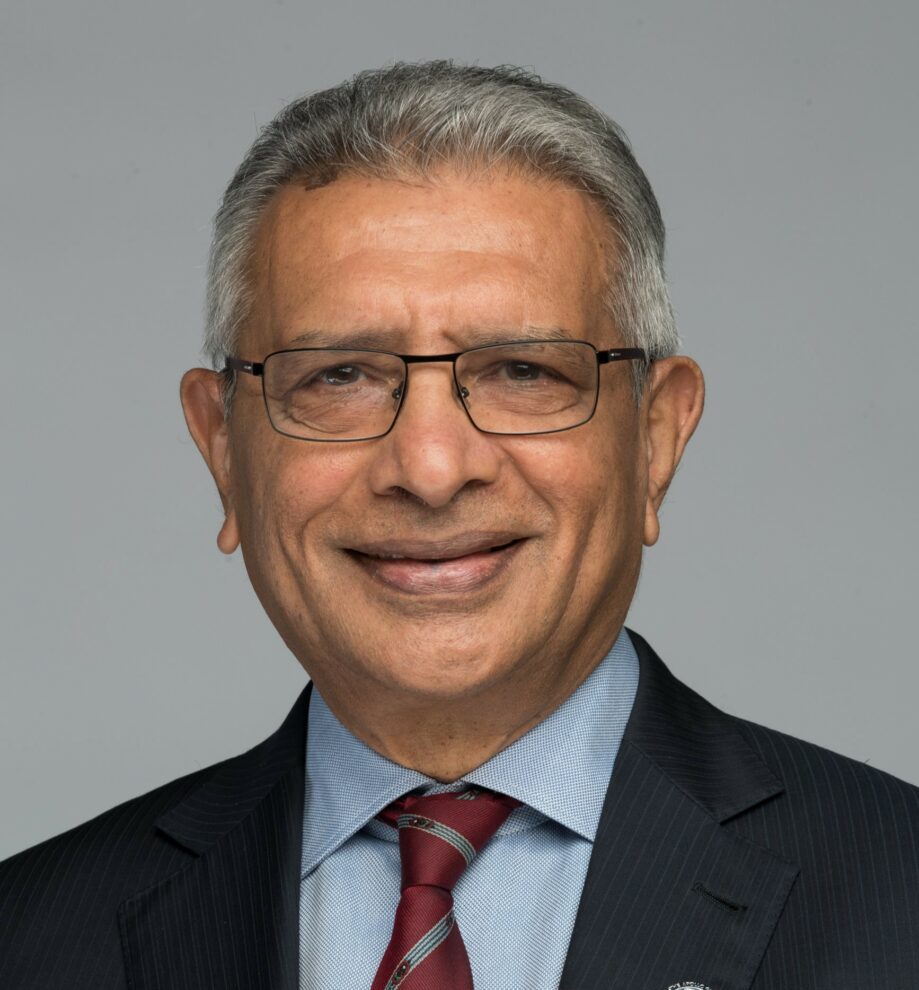
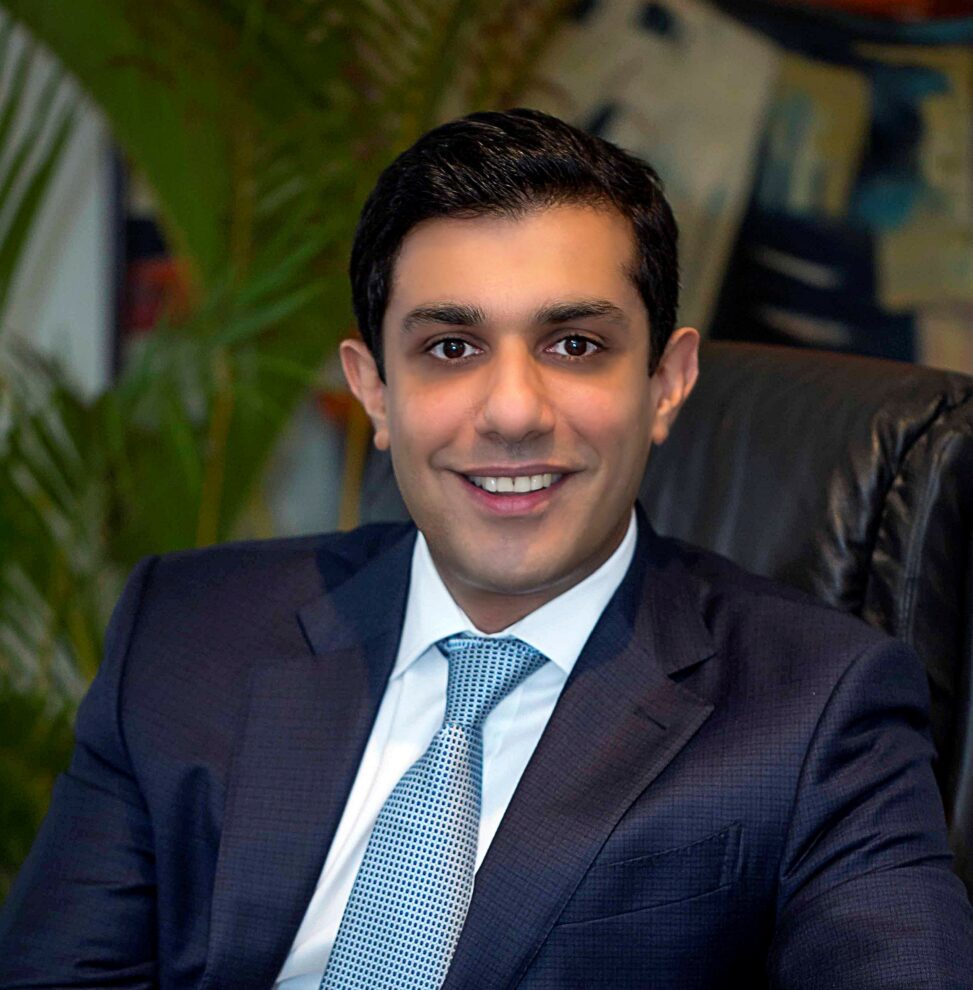
-
(GMT)PANEL | MSME Finance: Finding the right recipe to fill the funding shortfallRoom CAURI
The pandemic and ensuing inflation-related interest rate hikes linked to the conflict in Ukraine have only amplified financing constraints for the tens of millions of African micro, small-and medium-sized enterprises (MSMEs). With 62% of SMEs in sub-Saharan Africa reporting they cannot access loans, a $330bn funding gap and mainly only short tenures available, governments are innovating to overcome exclusionary banking practices; credit data and collateral challenges; high loan default rates that can rise to 50%; and tax system aversion by MSMEs themselves. How can stakeholders foster greater financial literacy, tax system inclusion, as well as innovative financing options via the likes of securitization, leveraging capital markets, mobile money, and supply chain finance?
Key points:
-
How can lenders be encouraged to back more MSME loans while default risks remain high?
-
Time to file: Incentivizing MSMEs to formalize
-
How could deregulation spark new financing models and drive financial inclusion?
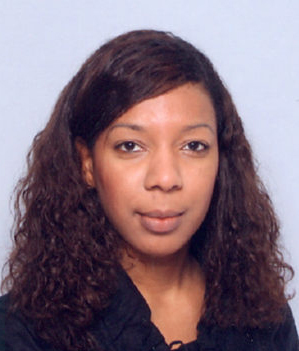
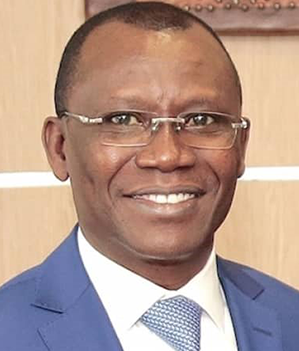
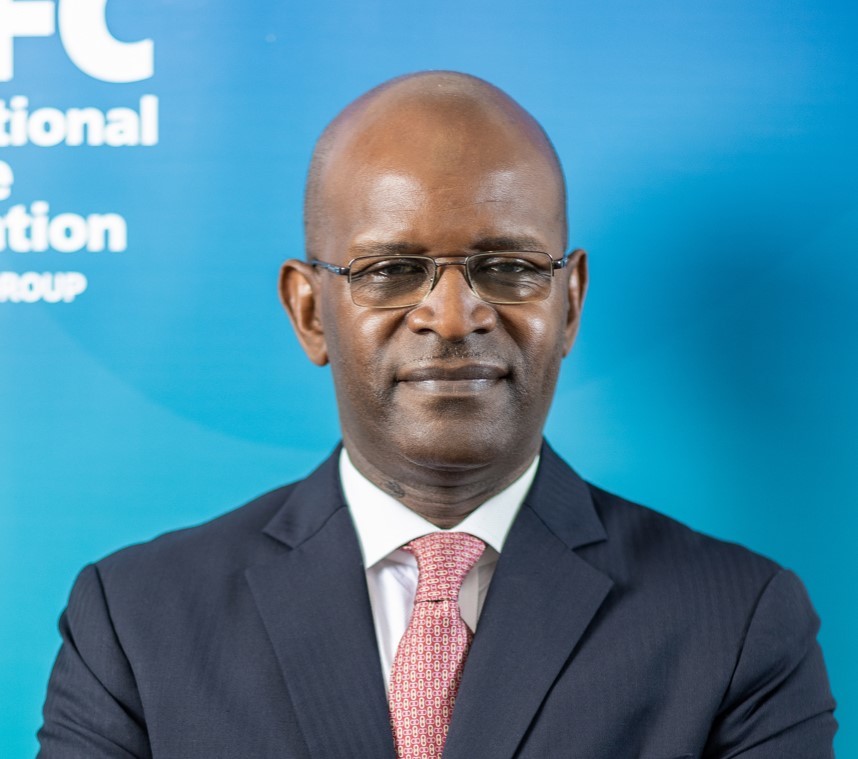 Speaker
SpeakerAliou MAIGA
Regional Industry Director for Financial Institutions Group for Africa, International Finance Corporation (IFC)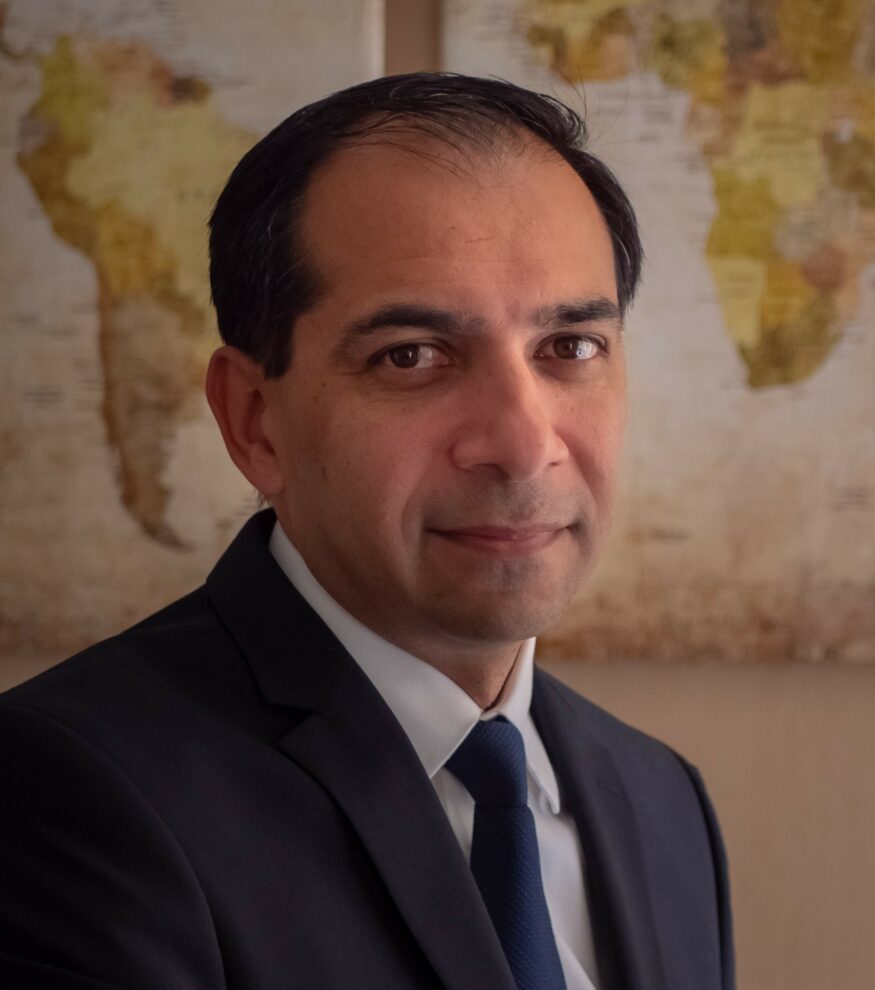
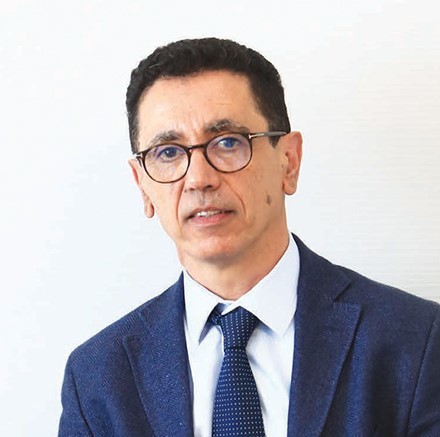
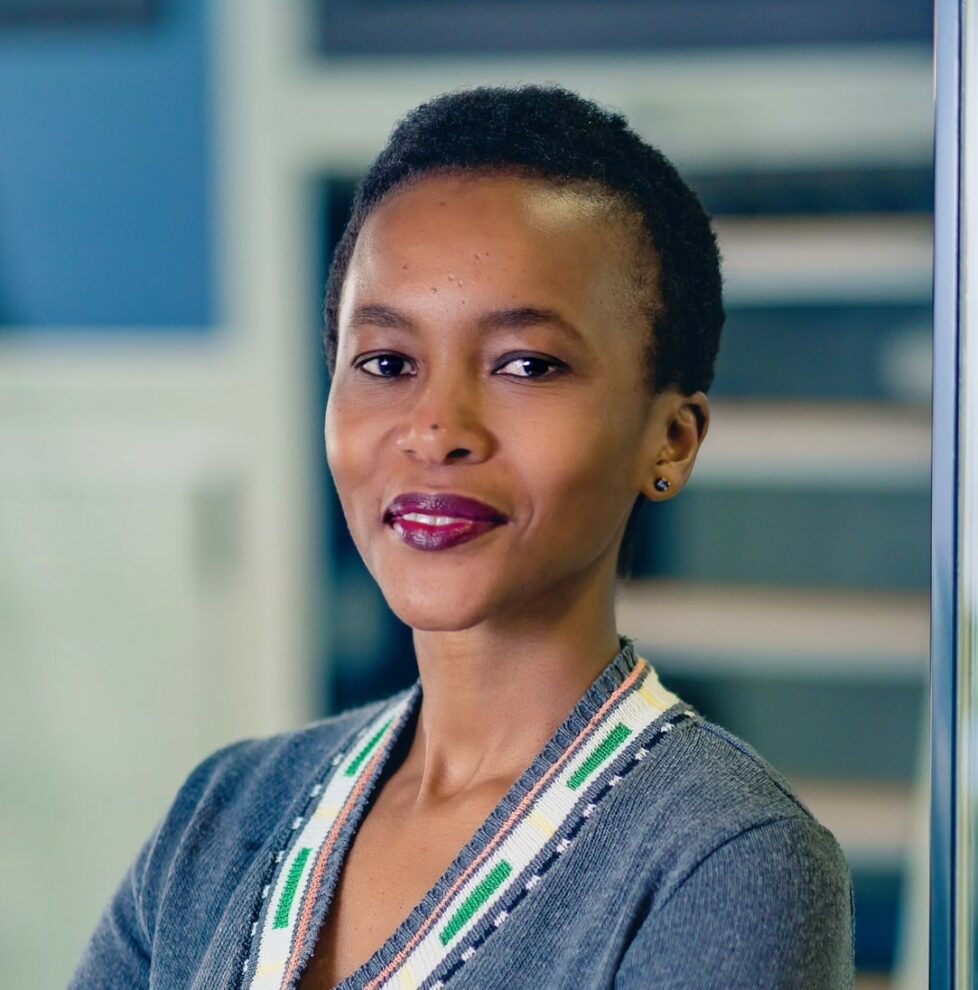
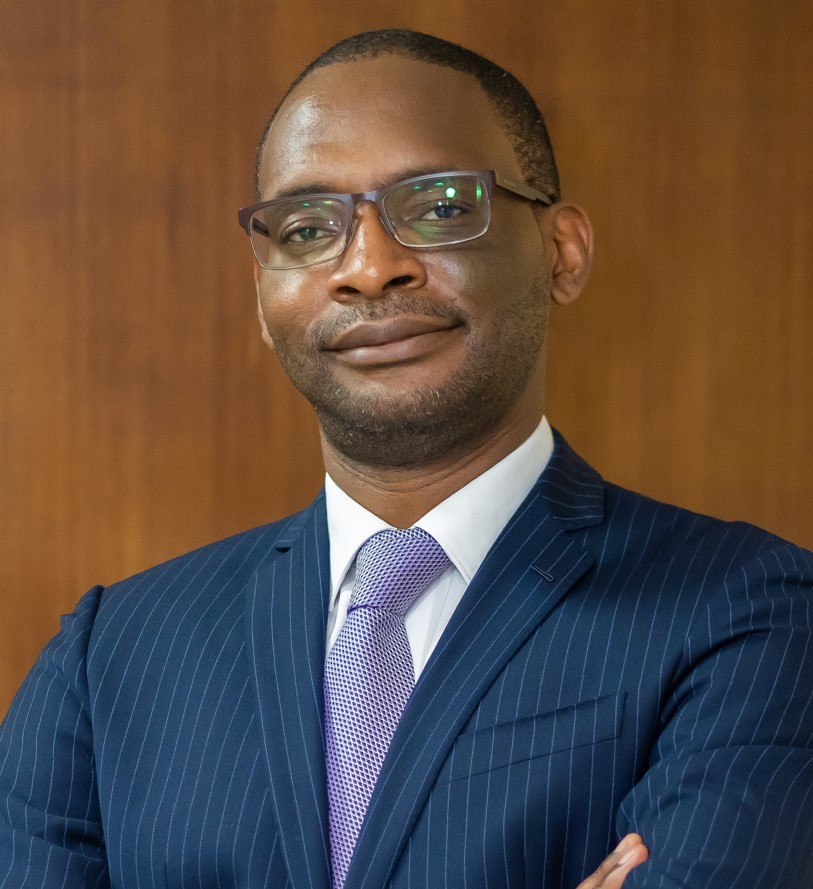

-
-
(GMT)Conversation With | Nadia FettahRoom CAURI
Morocco’s first female Minister of Economy and Finance Nadia Fettah took up her post in October last year, following a notable career in insurance. She inherits an economy projected to slow in 2022 to +0.8% (versus +7.9% in 2021) due to high dependence on energy imports (90% of needs). Policies to support foreign direct investment, SMEs, and fintechs are on high on the domestic agenda. In an exclusive interview, Mrs Fettah discusses Morocco’s plans to support economic growth, the nation’s financial institutions and their regional expansion.
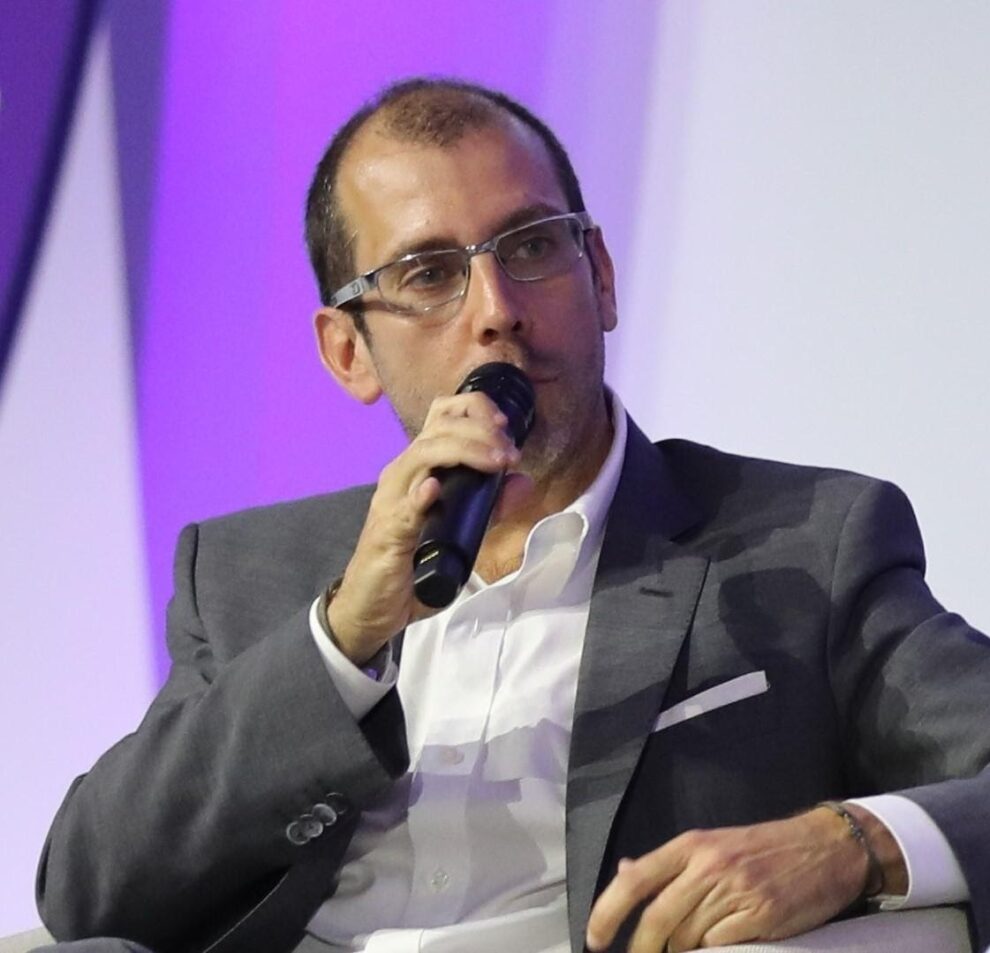
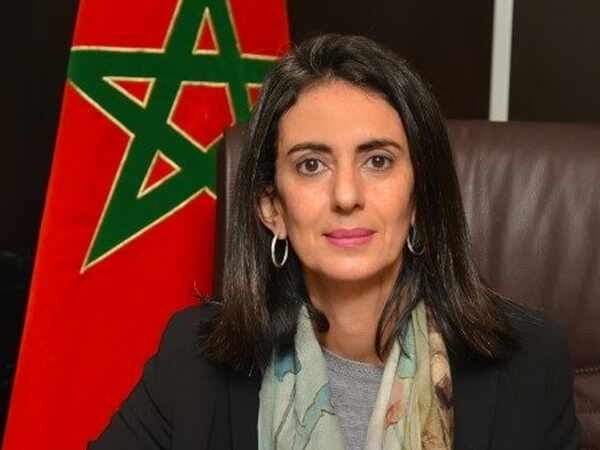
-
(GMT)STRATEGIC ROUNDTABLE | From COVID-19 to inflation: Central bank strategies in the face of troubled economiesRoom PULA
Access via sign-up on the event app or by invitation only
Following the measures adopted during the COVID-19 crisis, central banks are now contending with inflation levels unwitnessed since the 2008 crisis that are likely to last. Central banks have begun initiating restrictive monetary policies by continuous increases to key rates (+75 bp in Europe, the US and South Africa; +150 bp in Nigeria; +50bp in Morocco and BEAC and +25bp for the BCEAO). Central bank measures to curb inflation will almost certainly be tested and stretched in this disruptive period. A closed roundtable of central banks and financial institutions discusses the best way forward for monetary and fiscal measures on the continent.
Discussion points:
-
Actions to date: Will they be sufficient to curb inflation?
-
How to curtail inflation without disrupting growth
-
Maintaining independence in the face of high interest rates and government debt
-
Mitigating the effects of a global recession on Africa’s financial industry
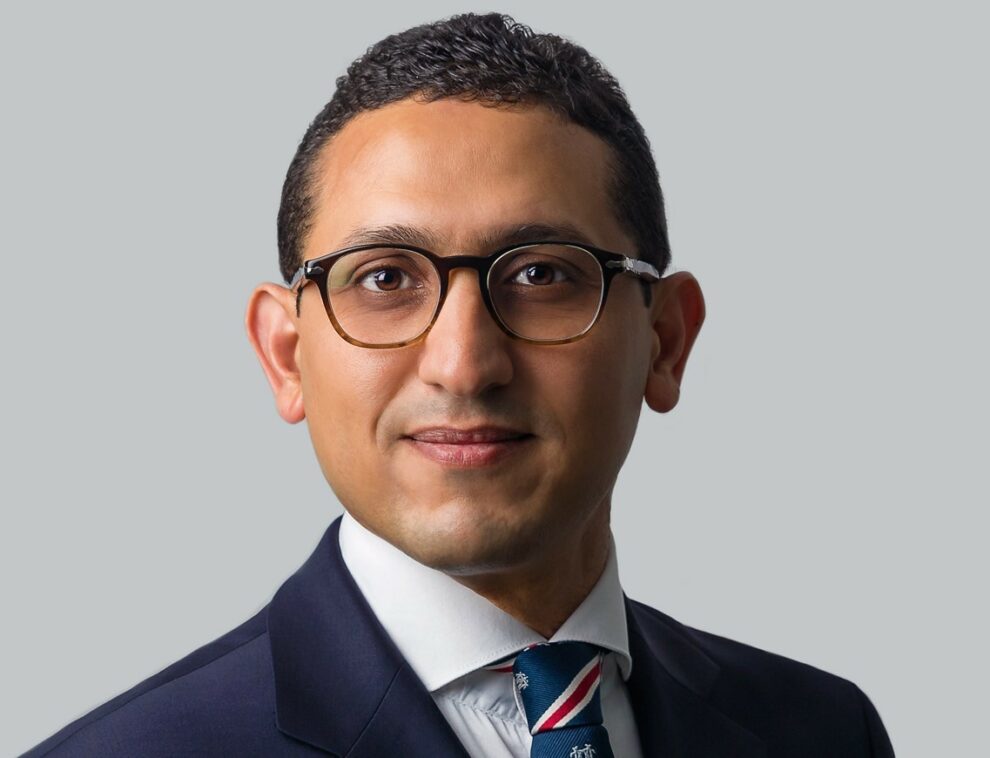
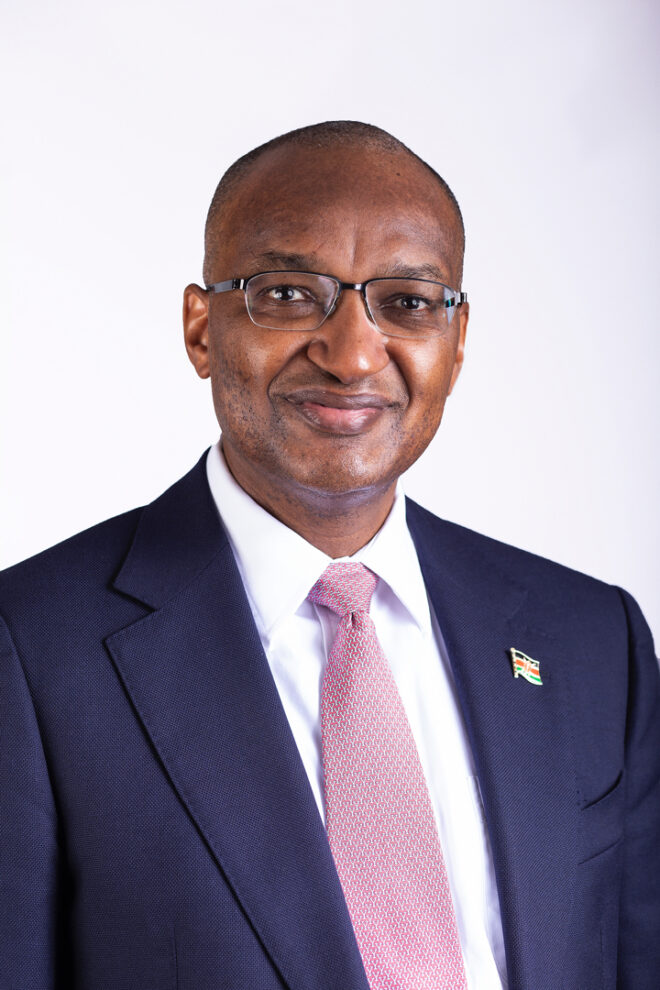

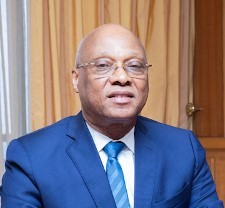 Distinguished Guest
Distinguished GuestJean-Claude Kassi BROU
Governor, Banque Centrale des Etats de l’Afrique de l’Ouest (BCEAO)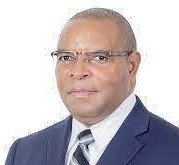 Distinguished Guest
Distinguished GuestDr. Denny KALYALYA
Governor and Chairperson of the Board of Directors, THE BANK OF ZAMBIA
-
-
(GMT)STRATEGIC ROUNDTABLE | Expanding consumer insurance: Affordable rates and access via digital platformsRoom DIRHAM
Access via sign-up on the event app or by invitation only
Insurance premium penetration in Africa, at 3%, is 2x lower and premium per capita is 15x lower than the world average. Lack of access is one of the main challenges. But as mobile money penetration reaches >50% in many East and West African markets, digital platforms are extending beyond wallets and peer-to-peer transfers. This multistakeholder roundtable will discuss what is required to increase insurance penetration on digital channels.
Discussion points:
-
Which sub-segment has the biggest potential for insurance via digital platforms?
-
What is required to distribute insurance from these such channels?
-
What is the role of the mobile agent beyond just cash collection?
-
How can insurers and digital players structure mutually beneficial partnerships?

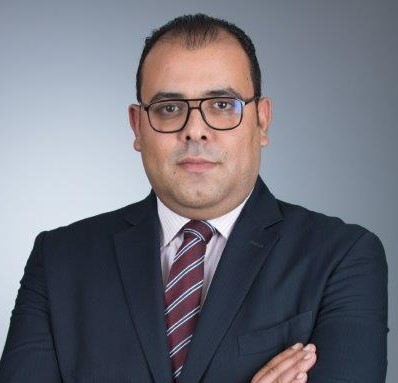
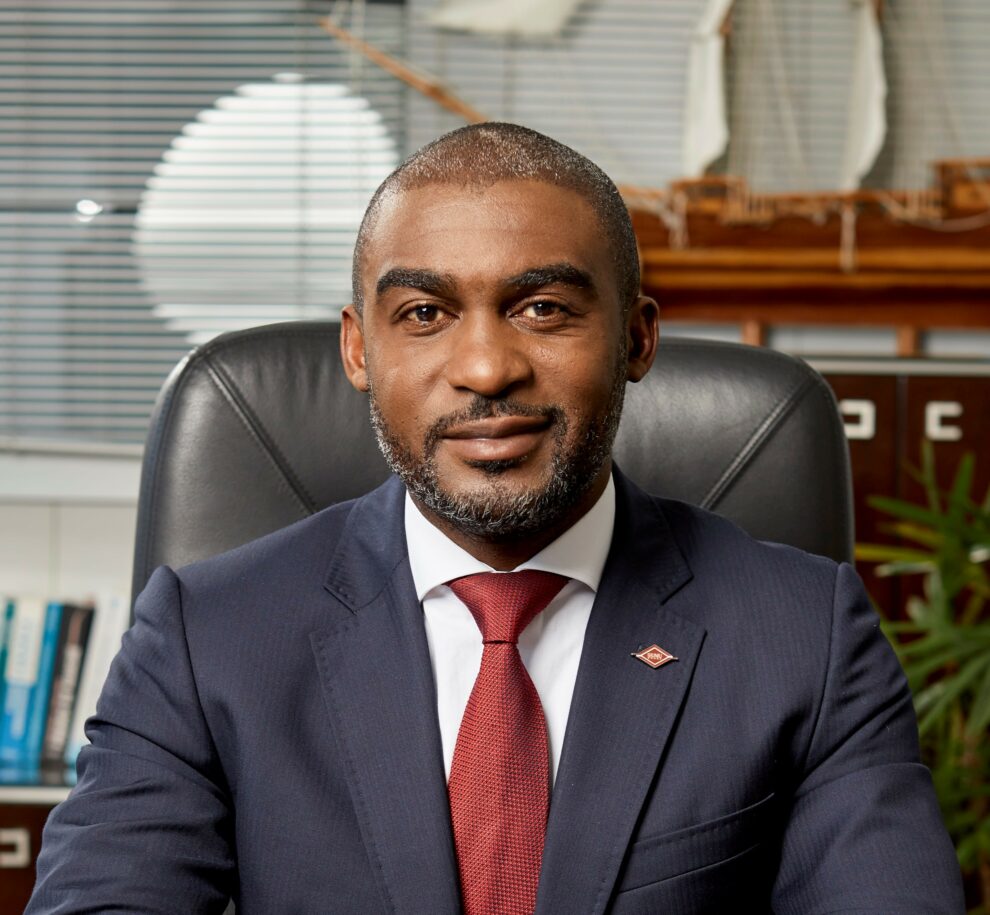

 Distinguished Guest
Distinguished GuestAlain KANINDA
Managing Director, Insurance Regulatory and Supervisory Authority (ARCA)

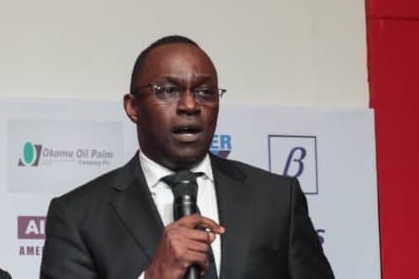
-
-
(GMT)PANEL WFC | Unlocking Women's Financial Inclusion in AfricaRoom CAURI
Only 37% of women in Sub-Saharan Africa have a bank account. Women entrepreneurs also confront a $42 billion gender funding gap and in 2021 alone, women-only founders received less than 1% of the nearly $5 billion raised by African startups. Long-term solutions could lie in equipping financial institutions and financiers with gender-informed policies, providing financial literacy trainings, as well as creating new partnerships with informal financial markets. Yet many hurdles, including poverty, discrimination, and a lack of institutional support continue to fuel gender disparity in access to finance and venture capital for African women. How do we make formal financial services available, accessible and affordable to women and women entrepreneurs?
Key Points:
- What are the biggest opportunities and innovations toward financial inclusion for women?
- What can venture capitalist funds and investors do better to address the gender funding gap?
- How do we promote a more effective understanding and implementation of financial inclusion products and strategies?




